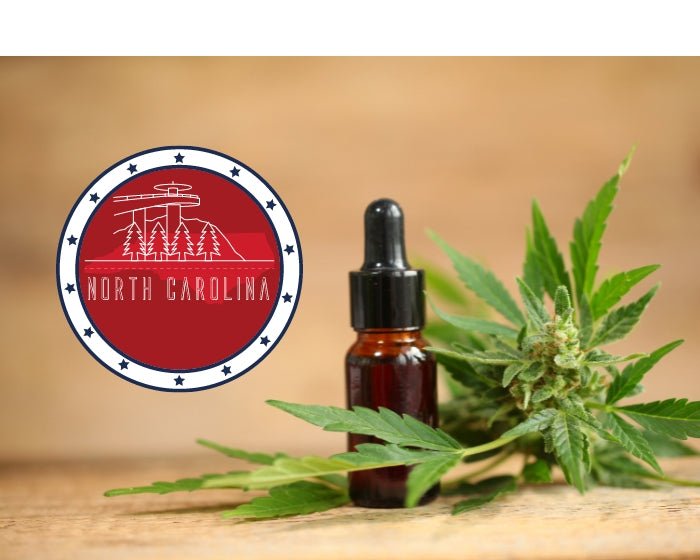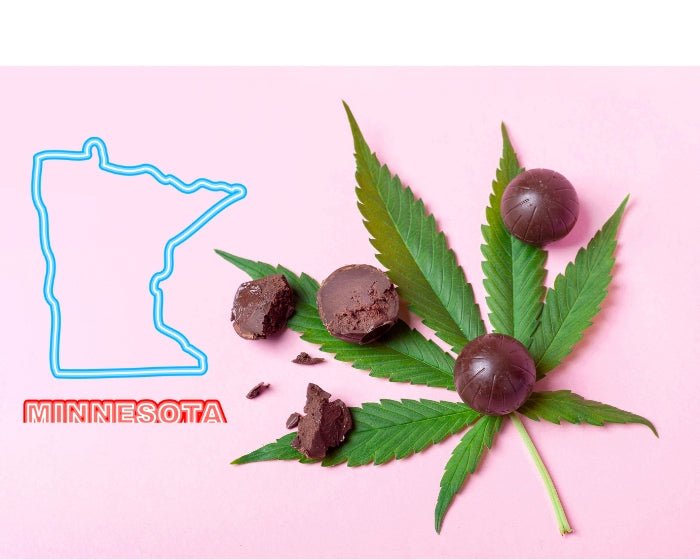Two years after it became the first southern state to legalize recreational cannabis, there is still no path to establishing the market.

When it comes to the legal adult-use cannabis industry, the devil is almost always in the details. The case of Virginia's recreational marijuana debacle is a perfect example of how a victory can ultimately turn into a defeat. Numerous media outlets in Virginia and nationally have been covering the soap opera of the state's legislature's inability to pass the necessary measures to establish legal sales of recreational cannabis by Jan. 1, 2024.
In April 2021, then-Democratic Gov. Ralph Northam signed the bill legalizing the adult-use cannabis market in Virginia. The measure allows adults 21 years and older to possess up to an ounce of cannabis, smoke it privately and cultivate up to four plants in their homes. However, unlike other states' legalization bills, Virginia's new law calls for the state assembly to reenact several additional provisions of the 2021 measure, including ones that detail regulatory and market structure.
Unfortunately, those efforts have come to a frustrating and demoralizing halt for industry stakeholders and advocates. Experts point to two pivotal events when describing why Virginia's effort to establish retail sales by the beginning of 2024 will most likely be unsuccessful. First, following the November 2021 state election, Republicans took back the governor's office and the State House of Delegates. Virginia's rather unique legislative calendar is the second and more bizarre contributing factor.
The new Governor, Glenn Youngkin (R), is a devout Christian, an aspiring Presidential candidate and a staunch anti-marijuana crusader. With his encouragement, the Republican-controlled House has consistently quashed any cannabis-related legislation to establish a regulated market in Virginia.
The most recent example of this systemic political blockade came on Jan. 31, ironically, when a pair of Republican-sponsored cannabis regulatory bills, which would have created a licensing scheme in time to allow for recreational sales sometime in 2024, was shot down by a House of Delegate subcommittee dominated by fellow Republicans.
What makes the failure much more irksome is that, because of an odd quirk in Virginia Assembly protocol, the legislature only meets for 30 days in odd-numbered years. Because of that limitation, the state legislature adjourned on Feb. 25, with no alternative legislation passed to create a path for retail sales in 2024.
Adding more salt to the wound for reform supporters and legislators is that while Republicans were killing the regulatory bills, they were also pushing through a proposal slashing almost 70% from the budget of the state's Cannabis Control Authority.
Without the passage of adult-use marijuana regulation statutes this year, those companies holding existing medical cannabis licenses, as well as prospective new entrants to the retail market, are trapped in a holding pattern. As Ngiste Abebe, Columbia Care's Vice President of Public Policy, shared in a recent interview, "Given the current legal and regulatory ambiguity, Columbia Care does not anticipate adult-use sales beginning on Jan. 1, 2024."
"Given the current legal and regulatory ambiguity, Columbia Care does not anticipate adult-use sales beginning on Jan. 1, 2024."
- Ngiste Abebe, Columbia Care's Vice President of Public Policy
Columbia Care is a New York-based multistate operator running eight medical marijuana dispensaries in Virginia. It is one of four companies holding medical licenses in the state. Moreover, it would be one of the first to begin selling recreational cannabis once the necessary regulatory laws are in place.
Another detrimental side effect of the political stalemate is the festering and potentially dangerous illicit black market. Because the original law allows those individuals 21 years and older to possess and smoke up to an ounce of marijuana, consumers are left with very little recourse if they wish to purchase and consume cannabis products. As a result, many will seek out products off the street if they cannot qualify for a medical prescription.
Republican Delegate Keith Hodges sponsored the most recent failed bill that would have enabled the Virginia Cannabis Control Authority to create recreational marijuana regulations. During the subcommittee hearing on his bill, Hodges described his fears if the committee did not pass his measure.
He said, "We are in a public health crisis. You can legally possess marijuana in the Commonwealth of Virginia, but you can't legally purchase it. If we do nothing, we have a problem on our hands. We need to protect the citizens of Virginia from the illicit market."
"We are in a public health crisis. You can legally possess marijuana in the Commonwealth of Virginia, but you can't legally purchase it. If we do nothing, we have a problem on our hands. We need to protect the citizens of Virginia from the illicit market."
- Virginia Republican House Delegate Keith Hodges
The case of Virginia's inability to enact its legalization reform should serve as a cautionary tale for future states, like Minnesota and others, considering the issue of legalizing adult-use marijuana. Sadly, it appears that lobbyists, experts and stakeholders are in a political and economic stalemate without much hope for a timely resolution.
Ironically, it may come down to this November's state election if there is any hope of ever establishing a regulated retail cannabis market in Virginia. The ultimate lesson for future cannabis crusaders may be that steady and sure (as opposed to fast and furious) may be the best strategy to win the race for effective and enforceable marijuana reform.








































